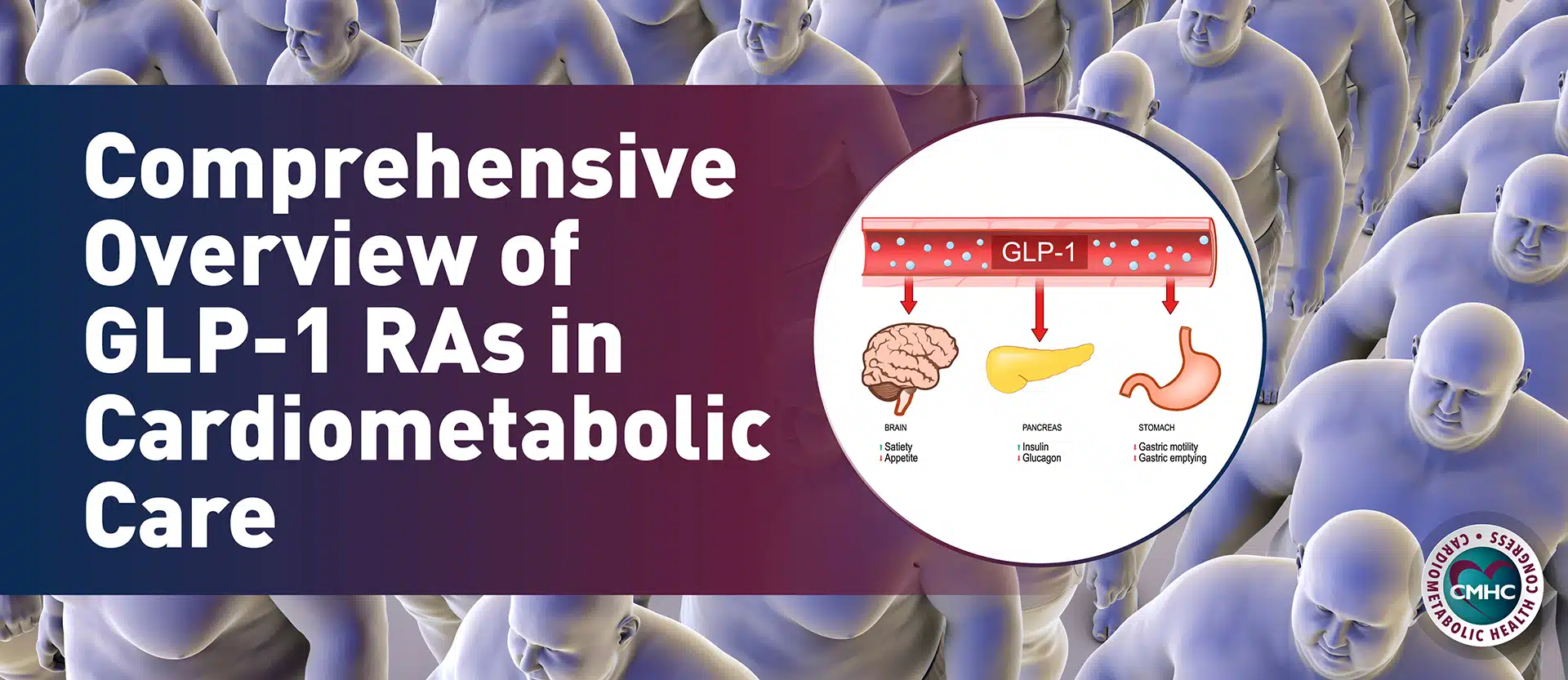The medical community has been watching the semaglutide saga unfold for months, and now there’s another new twist. An herbal supplement is being promoted on social media as a natural alternative to Wegovy and Ozempic, the brand-name formulations of semaglutide that have made headlines for their high out-of-pocket cost and inaccessibility. Here’s what providers need to know about berberine, the unregulated supplement dubbed “Nature’s Ozempic.”
Semaglutide shortage and cost
In late 2022, media stories began to circulate about the nationwide shortage of Novo Nordisk’s injectable semaglutide formulation Wegovy, some pointing to overuse by celebrities. In response, many people trying to lose weight reported turning to the off-label use of Ozempic, a formulation of the same drug at a lower dose. While Wegovy was approved in 2021 for weight loss in patients with obesity, Ozempic’s 2017 approval was only for use by those with type 2 diabetes. Experts noted that amid the shortage some providers prescribed Ozempic because of its lower retail price and greater likelihood of being covered by health insurance compared with Wegovy. Without insurance, the yearly cost of using the branded drug is more than $15,000. Coupled with the fact that these once-weekly injectables are in high demand with a short supply, it’s not surprising that patients are looking for a cheap, oral alternative to reach their weight-loss goals.

Berberine composition, history and use
Berberine is one of many nitrogen-containing alkaloids, a group of naturally occurring compounds that include substances such as morphine, nicotine and caffeine. Due to their diverse chemical structures and properties, alkaloids have been an area of significant research and have contributed to the development of various medications for their analgesic, stimulant, sedative, or hallucinogenic properties. The biochemical pathways of this alkaloid result in anti-inflammation, antibacterial, antioxidant, anti-obesity, and even antitumor action.
The scientific interest in berberine isn’t new. A PubMed search for “berberine” lists investigations using the herb in neurodegenerative disease, cancer, inflammation, ulcerative colitis, gum disease, COVID-19, and even mental health conditions. Now, the herb is making headlines because of its potential for weight loss. There are more than 3000 years of history in using the stem, stem bark, roots, and root bark of plants in the genus Berberis for medicinal purposes. Clay tablets found in the library of Assyrian emperor Asurbanipal (650 BC) provide the earliest evidence of using barberry fruit (Berberis vulgaris) to purify the blood. In traditional Chinese medicine, berberine-containing herbs such as Chinese goldthread (Coptis chinensis) and Amur cork tree (Phellodendron amurense) have been used to treat gastrointestinal disorders, diarrhea, infections, and inflammation. Berberine-rich plants have also been employed in Ayurvedic medicine in India for similar purposes.
Clinical effects of berberine
The clinical research on the effects of berberine indicate that it may help reduce body fat. In a trial of 80 individuals with nonalcoholic fatty liver disease, those who took berberine every day for three months had a decrease in weight, triglycerides, and cholesterol levels. Other studies demonstrated that berberine lowers blood glucose and, unlike metformin, it has a favorable influence on the lipid profile. The herb’s effect on weight loss is thought to be a result of its ability to improve insulin resistance. Although most patients primarily think of insulin’s role in blood glucose, insulin also regulates fat and protein metabolism. Berberine may improve insulin sensitivity by promoting glucose uptake; when the body’s cells receive their dose of dietary glucose they signal a feeling of fullness to the brain, resulting in less hunger. When cells are insulin resistant they are inefficient at taking glucose from the blood, instead signaling hunger or sugar cravings to the brain.
There are four ways berberine use is hypothesized to result in weight loss:
- Regulation of metabolism: Berberine may activate an enzyme called adenosine monophosphate-activated protein kinase (AMPK). Known as a “metabolic master switch” AMPK regulates energy metabolism and promotes fat oxidation. By activating AMPK, berberine is thought to enhance metabolism and increase the utilization of stored fat for energy.
- Decreased fat storage: Berberine may inhibit the activity of certain enzymes involved in fat production and storage, such as fatty acid synthase and acetyl-CoA carboxylase. By reducing the activity of these enzymes, the accumulation of new fat in the body is reduced.
- Improved insulin sensitivity: Berberine has demonstrated the ability to improve insulin sensitivity, which is crucial for maintaining stable blood sugar levels and preventing excessive fat storage. By enhancing insulin sensitivity, berberine could help the body utilize glucose more efficiently and reduces the risk of insulin resistance, a condition often associated with weight gain.
- Appetite regulation: Some studies suggest that berberine may have an impact on appetite control and food intake. It has been found to influence the release of leptin and ghrelin, two hormones involved in hunger and satiety. By modulating these hormones, berberine may help reduce cravings and promote a feeling of fullness, potentially leading to decreased calorie intake.
Expert perspective

Experts in obesity medicine and weight-loss intervention caution potential users of berberine about a lack of sufficient data and oversight. Because the U.S. Food and Drug Administration (FDA) doesn’t regulate dietary supplements, berberine’s safety and effectiveness to treat any disease, including obesity, cannot be confirmed. “These don’t go through any FDA approval or regulation,” said Dr. Fatima Cody Stanford, an obesity medicine specialist and the equity director of the endocrine division at Massachusetts General Hospital in Boston.
Additionally, even if there was a way to guarantee the quality of the berberine product a patient buys, studies have not adequately shown the herb to be as effective as the other medications available. Providers understand that people desperate to lose weight who can’t afford or access drugs like semaglutide would be curious about a natural, cheap, and nonprescription alternative, but Dr. Stanford says, “It’s not a dramatic weight loss average for berberine. The studies show it is between a quarter of BMI point to one BMI point, which is nowhere near what you see on average with semaglutide.” To illustrate Dr. Stanford’s point, consider that patients taking the 2.4mg dose of semaglutide in combination with lifestyle interventions lost about 34 pounds in a 68-week study, compared to an average reduction of 6 pounds in those who didn’t take the medication.
Key takeaway
While berberine has potential benefits under the right circumstances, it hasn’t been studied on a large scale for weight loss so it’s impossible to determine its efficacy. Because they are not FDA-regulated, the safe use of dietary supplements such as berberine is always questionable. For patients finding it difficult to access or afford medications for weight loss such as semaglutide, it’s understandable to be searching for an alternative way to lose weight, but taking an unregulated and unproven substance may be harmful. Providers should understand the conversation around alternative and complementary medicine and educate their patients on the difference between clinical evidence and anecdotal benefits in regard to medical therapies for weight loss. Patients unable to access or afford semaglutide could consider another FDA-approved drug such as liraglutide, dulaglutide, exenatide, or newcomer tirzepatide, another diabetes treatment option used for blood sugar management and weight loss.
References:
- Iloon Kashkooli R, Najafi SS, Sharif F, Hamedi A, Hoseini Asl MK, Najafi Kalyani M, Birjandi M. The effect of berberis vulgaris extract on transaminase activities in non-alcoholic Fatty liver disease. Hepat Mon. 2015 Feb 5;15(2):e25067. doi: 10.5812/hepatmon.25067. PMID: 25788958; PMCID: PMC4350248.
- Neag MA, Mocan A, Echeverría J, Pop RM, Bocsan CI, Crişan G, Buzoianu AD. Berberine: Botanical Occurrence, Traditional Uses, Extraction Methods, and Relevance in Cardiovascular, Metabolic, Hepatic, and Renal Disorders. Front Pharmacol. 2018 Aug 21;9:557. doi: 10.3389/fphar.2018.00557. PMID: 30186157; PMCID: PMC6111450.
- Wilding JPH, Batterham RL, Calanna S, Davies M, Van Gaal LF, Lingvay I, McGowan BM, Rosenstock J, Tran MTD, Wadden TA, Wharton S, Yokote K, Zeuthen N, Kushner RF; STEP 1 Study Group. Once-Weekly Semaglutide in Adults with Overweight or Obesity. N Engl J Med. 2021 Mar 18;384(11):989-1002. doi: 10.1056/NEJMoa2032183. Epub 2021 Feb 10. PMID: 33567185.
Read more stories in obesity management:
















